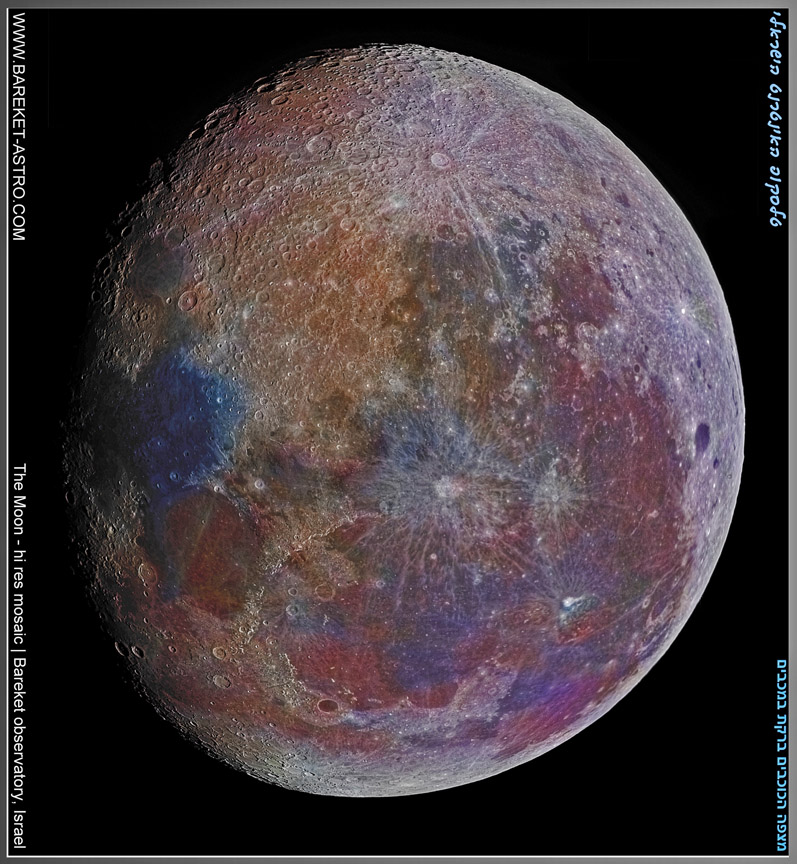Difference between revisions of "September 22, 2008"
(Created page with "__NOTOC__ =A Celestron Orange Moon= <!-- ws:start:WikiTextHeadingRule:1:<h1> --> <!-- ws:start:WikiTextLocalImageRule:7:<img src="/file/view/LPOD-Sep22-08.jpg/39...") |
|||
| Line 12: | Line 12: | ||
2008-06-22. C14 @ f/8.7 + ST8 CCD camera + Schuller photometric filters. Mosaic of 40 frames. Remote controlled (Internet controlled based system) at the Bareket observatory Israel. Color saturation is intentionally exaggerated.<br /> | 2008-06-22. C14 @ f/8.7 + ST8 CCD camera + Schuller photometric filters. Mosaic of 40 frames. Remote controlled (Internet controlled based system) at the Bareket observatory Israel. Color saturation is intentionally exaggerated.<br /> | ||
<br /> | <br /> | ||
| + | <p><b>Yesterday's LPOD:</b> [[September 21, 2008|A New Look]] </p> | ||
| + | <p><b>Tomorrow's LPOD:</b> [[September 23, 2008|What's in a Name?]] </p> | ||
<hr /> | <hr /> | ||
| − | |||
| − | |||
Revision as of 21:27, 4 February 2015
A Celestron Orange Moon

image by Bareket Observatoory, Israel. South up.
We have become use to seeing various colorful regions of the Moon in enhanced color, but this is one of the most instructive color images I have seen for nearly the entire nearside. Familiar color contrasts such as the boundary in eastern Serenitatis, blue Nectaris and the the younger blue flows In Imbrium are easily visible. I am surprised that there are color contrasts in the highlands. The entire northwestern portion of the Moon from Tycho down past Grimaldi has a silvery-gray hue, although the area from Tycho to Schickard adds a rose tint to the grayness. Most distinctive, however, is the orange from the Apennines, up past Ptolemaeus to the southeast limb. If we assume that these highland colors represent some reality, as we know the mare ones do, what do they mean? How about this? The silvery-gray is area covered by Orientale ejecta, and the orange highlands do not have that dusting. Is the orange the original highlands crust? Spectral studies of the highlands by professional lunar scientists are just starting. This fascinating image makes it easy for us all to be explorers. If you are fascinated by the image, definitely look at the full resolution version!
Chuck Wood
Technical Details
2008-06-22. C14 @ f/8.7 + ST8 CCD camera + Schuller photometric filters. Mosaic of 40 frames. Remote controlled (Internet controlled based system) at the Bareket observatory Israel. Color saturation is intentionally exaggerated.
Yesterday's LPOD: A New Look
Tomorrow's LPOD: What's in a Name?



